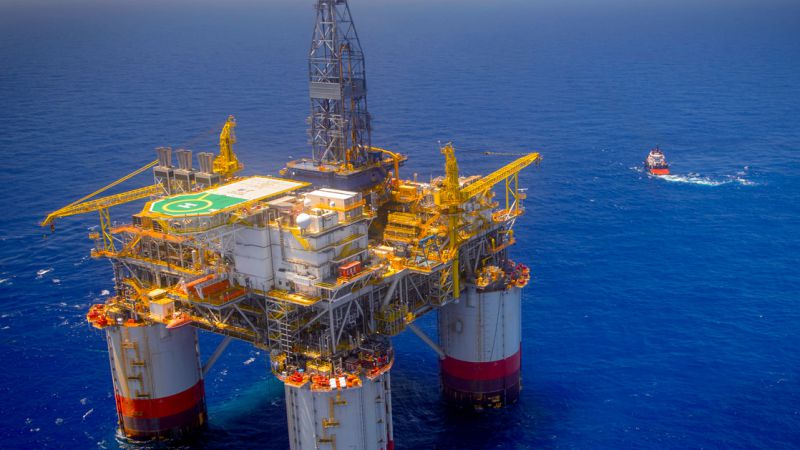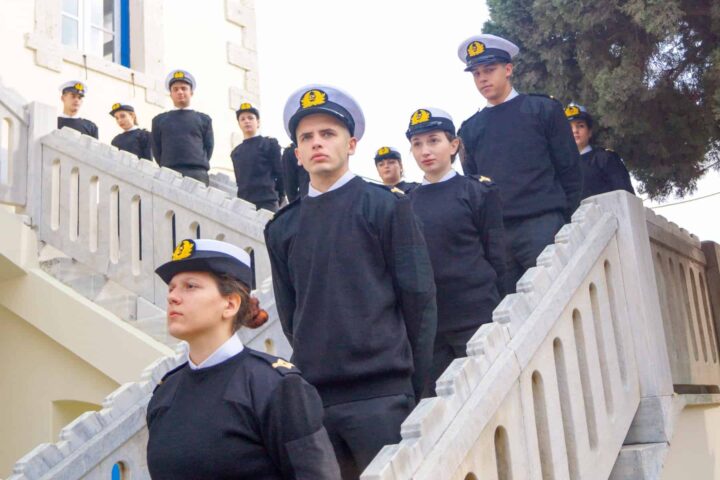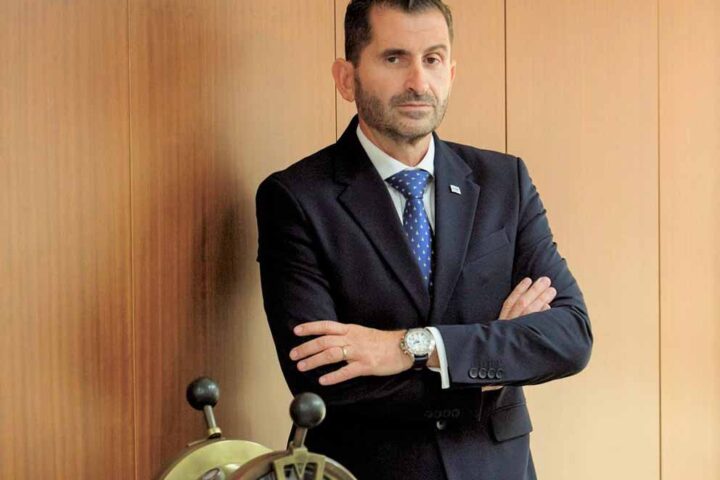On a wave of unprecedented Israeli-Arab normalization, which led to agreements with UAE and Bahrain, analysts are now focusing on the high-profile Israel-Lebanon negotiations.
It is set up as a framework agreement for the delineation of maritime borders between the two countries, until now officially at war.
Both countries, most probably pressured by Washington, France, and several Arab states, such as UAE and Saudi Arabia, have now agreed to finally find a solution to a very tricky bone of contention, the Israel-Lebanon offshore borders.
Both are eager to find a solution, not only for a bilateral security arrangement but mainly to solidify legally binding agreements in which offshore maritime waters and natural resources will be divided.
Until now, Israeli offshore gas discoveries and production along the unofficial maritime borders with Lebanon have been a potential hotspot for military conflict.
Lebanon, struggling not only with an internal political system in turmoil but also confronted by a dismal economic situation, wants to reap the potential rewards of its presumed offshore gas and oil reserves.
Without having, however, a stable maritime legal situation, international oil and gas operators, investors, and financial institutions are wary to proceed as planned.
On the surface, it is for both countries a win-win situation, as it is not linked to a full peace agreement, but only focuses on maritime delineation.
Without touching the ongoing military conflict between Israel and Syrian, Iranian backed Hezbollah, which is part of the Lebanese government and main armed power factor in the country, both countries can find a way to support their respective economies.
There is still hope for a more in-depth discussion between Israel and Lebanon, but the signs for this are at present bleak.
The power struggle between Hezbollah, and its supporters, and the Hariri-backers inside Beirut’s political conundrum are a major stumbling-block.
Looking at the “surprise” agreements between the UAE, Bahrain with Israel, and the continuing rumours of a Saudi-Israeli rapprochement, the heat is on for Lebanese politicians to reassess their positions.
With an economic doomsday scenario, supported by the devastating explosion in Beirut Port, Lebanon needs a multibillion-dollar inflow to restructure and revamp its economy.
At present, the country is on course for destruction, leaving no room for improvement without foreign support.
The US, France and Arab backers have already indicated that financial support is available but under strict conditions.
One is to remove the stranglehold of Hezbollah and demilitarize internal politics.
The current Israeli-Lebanese negotiations are a sign that this is starting to bear fruit.
East Med dynamic
A possible hydrocarbon revenue influx would be a godsend but also mean a weakening of the pro-Syrian and even pro-Turkish forces in Lebanon’s political spectrum.
For the East Mediterranean situation, a success story between Israel (a member of the EMGF) and Lebanon would also be a major boost.
Lebanon’s offshore gas reserves, if proven commercial, would be not only a gift to its economy and lower government deficits but also could be linked to the offshore pipeline infrastructure being set up by Egypt-Israel-Cyprus and Greece.
It could support both sides integration and success.
There are however still pirates waiting offshore.
A Lebanon-Israel or EMGF rapprochement will be not be taken lightly inside of the military wings of Hezbollah, Hamas or two of its main supporters Iran and Syria.
At the same time, Turkey’s East Med ambitions would be hampered even more.
Ankara clearly has set its eyes on increasing its influence in Lebanon, partly by solidifying its military presence there but also by trying to link Lebanon’s economy to Turkey.
After the Beirut Port disaster, Ankara and Turkish companies were among the first to offer to rebuild the port.
A Turkish port revamp in Beirut would be a major coup for Erdogan, bringing a new maritime access point in the East Med under his powers.
The UAE and others have been able to counter this with their own proposals.
Lebanon is a vital part of the East Med.
Beirut’s former glory as the Paris of the Levant shows its intricate role in the region.
Lebanese have been always able to cross borders, even during wars, to friends and foes.
Let us hope Lebanon can again become a focal point of stability, in peace and full cooperation with all its neighbours.
Energy cooperation within the EMGF would not only be beneficial to all but also increase stability and security, underlying drivers for investments.
The writer is a Middle East defence energy analyst










